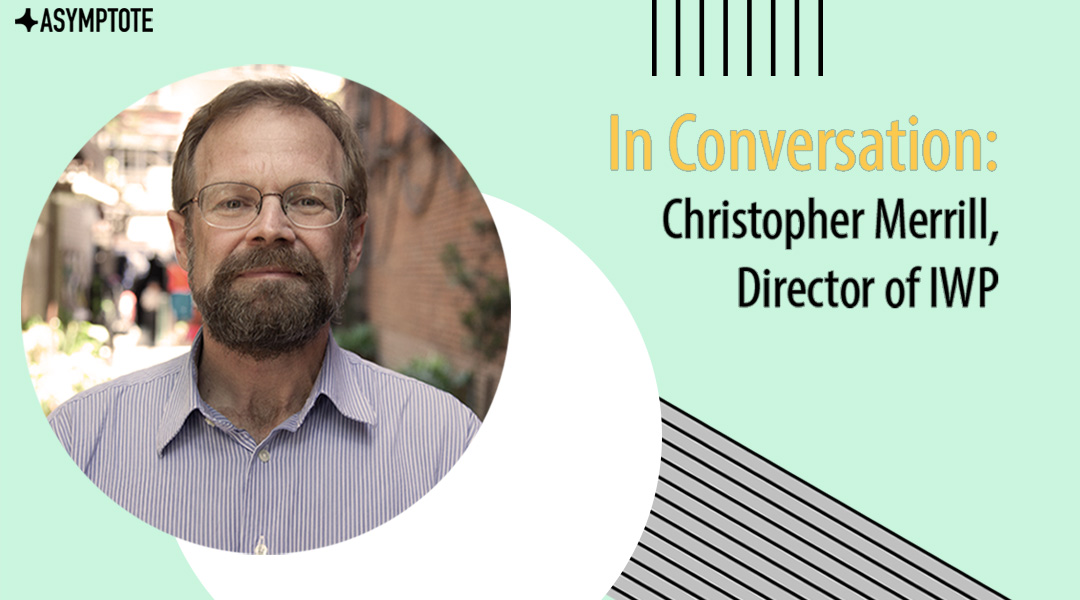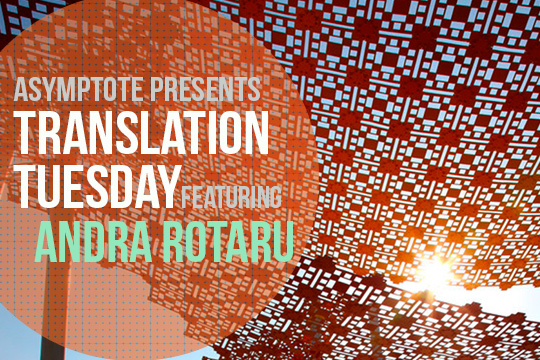The “great moon of December” leads us into the final starts of 2021, though the literary world shows no signs of winding down. Let our editors introduce you to classical poetry reawakened, Arab literature awards, star-studded literary events in Tokyo, the latest from the European Literature Festival, and much more!
Carol Khoury, Editor-at-Large, reporting from Palestine
Once upon a time, the so-called ‘women’s magazines’ of today had a completely different form (though they were never truly intended for women per se). Back in the tenth century, there was a celebrated Shiʻite Muslim Arab court poet, master chef, and polymath called Kushājim; originally from Ramla in Palestine—near contemporary Tel Aviv—Kushājim lived during the turbulent war-ridden period of the Middle and Late Abbasid Caliphates, which led him to move between Jerusalem, Damascus, Baghdad, and Cairo before finally settling in Aleppo. During his lifetime, Kushājim was considered the epitome of excellence in literature, and was highly commended by the literary critics of his time, both for his poetic works and intellectual faculties. His canon “vividly chronicles culinary, social, and intellectual aspects of court life [. . .], detailing numerous native and exotic foodstuffs and recipes; the social etiquettes of sharing wine and food; the various musical instruments used at the time to entertain the caliphs and their guests; the harem with its cross-dressing male and female dancers, concubines, and odalisques; the wide variety of plants and geometric designs found in courtly gardens; indoor pastimes and outdoor sports; the art of gift-giving; and the traits of coveted courtiers and boon companions.” What does this resemble but the contemporary women’s magazine?
Ancient Exchanges, an online journal at the University of Iowa devoted to literary translations of ancient texts, has recently published four gastronomic poems by Kushājim—on asparagus, mushabbak, khushkanaj (both desserts), and pomegranates. Translated from classical Arabic by Salma Harland, the four poems are run bilingually, accompanied with art by ArabLit Quarterly art director Hassân Al Mohtasib.
In her translator’s note (which includes a teaching guide), Harland explains that “although the original poems were written in accordance with the fixed feet and rhyme schemes often used in classical Arabic poetry, I have chosen to prioritize aesthetic grace and readability over meter without completely eliminating musicality.”
One is invited to take a seat at Kushājim’s table, set by Harland, and to take in a feast by a master who “not only details the preparation methods and ingredients needed for certain dishes but also the impact that their elegant presentation has on the banquet guests. Mouths water and eager hands cannot keep their distance”; even “[a] sedulous ascetic would break his fast / and yield before such a repast.” READ MORE…




